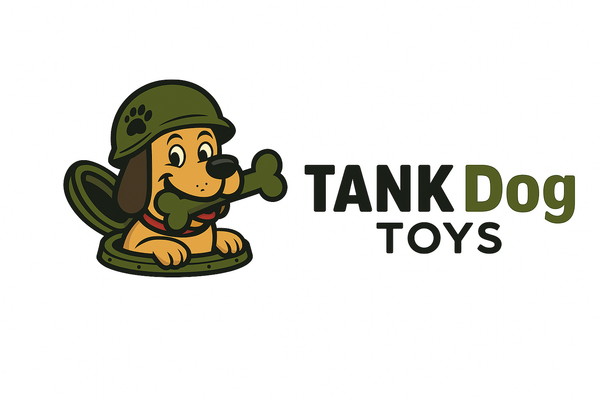
How Often Should I Clean My Dogs Toys?
Share
Just like food bowls and bedding, your dog’s toys need regular cleaning to keep your pup healthy and happy. Toys are more than just entertainment—they go in your dog’s mouth, get dragged through the yard, chewed up, slobbered on, and sometimes even buried in the couch cushions. Over time, they can harbor bacteria, mold, and even parasites. Here's a breakdown of how often you should clean different types of toys and why it matters.
Plush Toys
Plush toys are soft, cuddly, and usually your dog’s favorite nap buddy—but they also absorb drool, dirt, and bacteria quickly. How often should you clean them? Weekly, or more often if your dog plays with it daily or takes it outside. Cleaning tip: Machine wash on gentle cycle with pet-safe detergent, then air dry or tumble dry on low. Be sure to check for rips or stuffing coming out, which can be a choking hazard.
Rubber Chew Toys
Rubber toys are designed for tough chewers and often used with treats or peanut butter, making them magnets for grime and food residue. How often should you clean them? After each use with treats, and at least once a week if used regularly. Cleaning Tip: Wash with warm, soapy water and scrub any crevices with a bottle brush. You can also run many rubber toys through the top rack of the dishwasher—just skip the heated dry cycle.
Smart Toys (with Electronic Parts)
Electronic puzzle toys or talking toys engage your dog’s brain, but they require special care due to batteries and internal circuits. How often should you clean them? Every 1–2 weeks, or right after heavy use. Cleaning tip: Wipe down the surface with a damp cloth and mild soap. Avoid soaking or submerging. Always remove batteries before cleaning, and check for any damage to the casing that might allow moisture to seep in or damage to the batteries from play.
Why does it matter?
Dirty toys can carry harmful bacteria like E. coli and Salmonella, as well as yeast and mold, which can lead to infections, upset stomachs, or even respiratory issues. For dogs that share toys at parks or daycare, the risk is even higher. Regular cleaning not only protects your dog’s health—it also helps extend the life of their favorite toys! Pro tip: If a toy is cracked, torn, or too grimy to fully clean, it’s time to replace it. A safe toy is always a clean toy.
Check out the Tank Teams selection of toys to replace any over-loved ones your dogs have today! www.tankdogtoys.com
